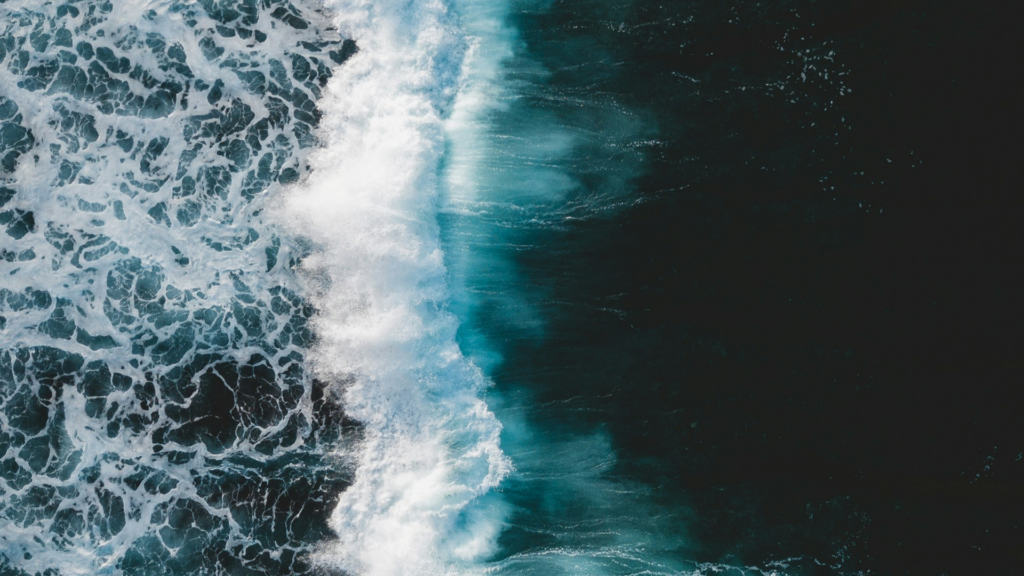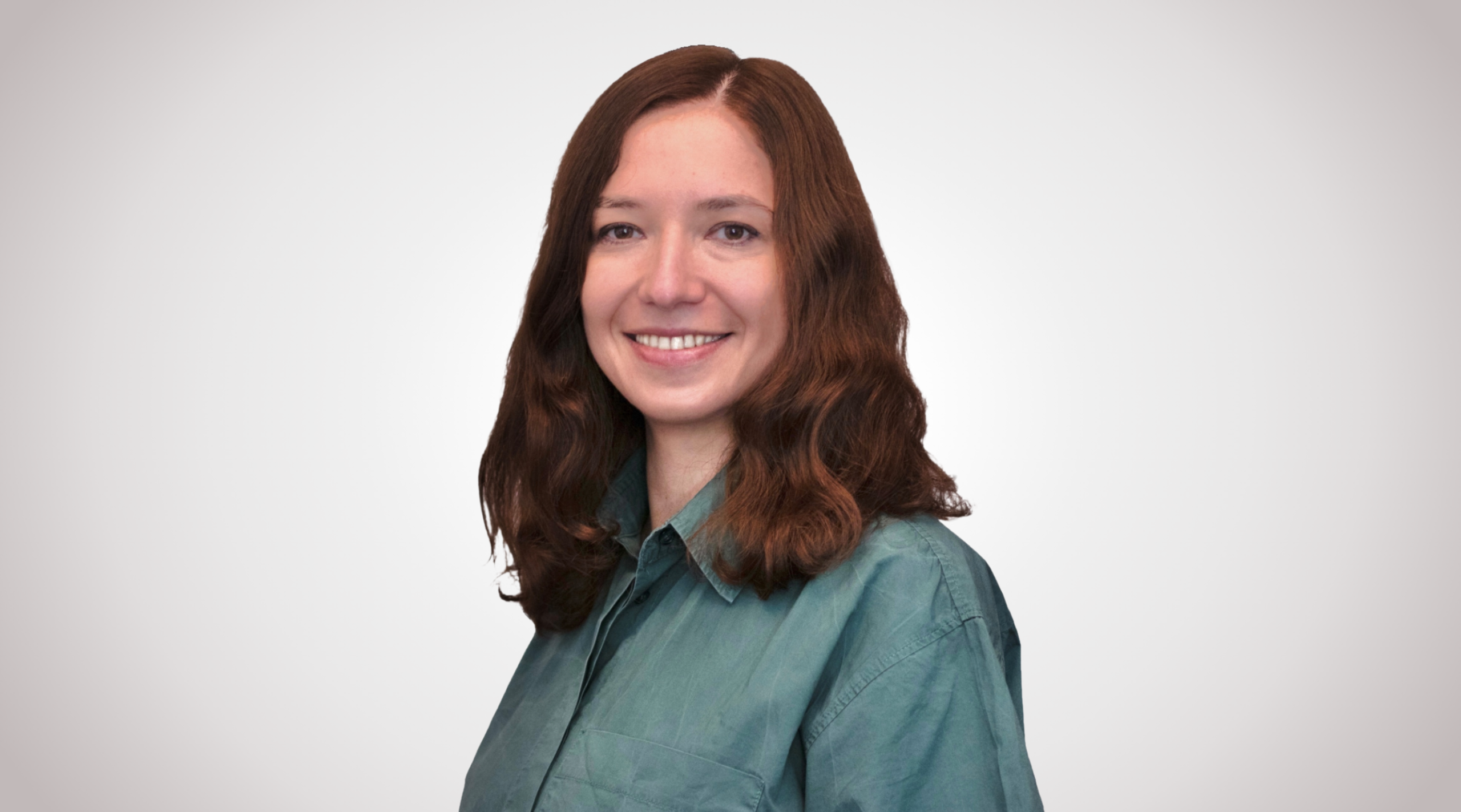
When researchers communicate publicly, they sometimes face unwanted, aggressive reactions. They become the target of rude attacks, trolling campaigns or even physical threats. This can undermine their credibility as experts. How can they reduce the risk of being targeted? When does hostility become a legal issue? How can researchers be supported in responding to hate speech or defamation?
Our one-day workshop format offers institutional representatives the opportunity to develop their own strategy for supporting researchers facing hostility towards science. It is aimed at institutionally embedded science communicators, press officers at universities and research institutions, as well as anyone who is involved in research management or supports researchers in their public communications.
Structure of the workshop
A reflection on the prevalence and forms of hostility towards science, and its impact on researchers and the science system. The findings are based, among other things, on the results of a recent nationwide representative survey in Germany and the practical work of supporting researchers within the KAPAZ collaborative project.
We present examples of attacks and reflect on different experiences and perspectives in dealing with them.
In this section, you will work with a team of science communication experts to develop an institutional support strategy.
Final summary of the day's learnings. Participants will be supported in raising awareness of the issue of hostility and receive guidance on the resources available to counteract it in their own institutions.
Events
The next workshops will take place on the following dates:
- 18 March 2025
- 06 May 2025
- 04 November 2025
If you would like to sign up and be informed about the train-the-trainer programme, please contact Nataliia Sokolovska (nataliia.sokolovska@hiig.de).
Institutions involved
The course is part of the collaborative project Capacities and Competencies in Dealing with Hate Speech and Hostility towards Science (KAPAZ). It explores hostility towards researchers and develops institutional resources to protect them from hostility both online and offline.
The workshop format was developed in close collaboration with leading experts in science communication and public engagement. It was created under the leadership of the Alexander von Humboldt Institute for Internet and Society (HIIG), the Berlin School of Public Engagement (BSOPE) at the Museum für Naturkunde in Berlin (MfN), and Scicomm-Support.

